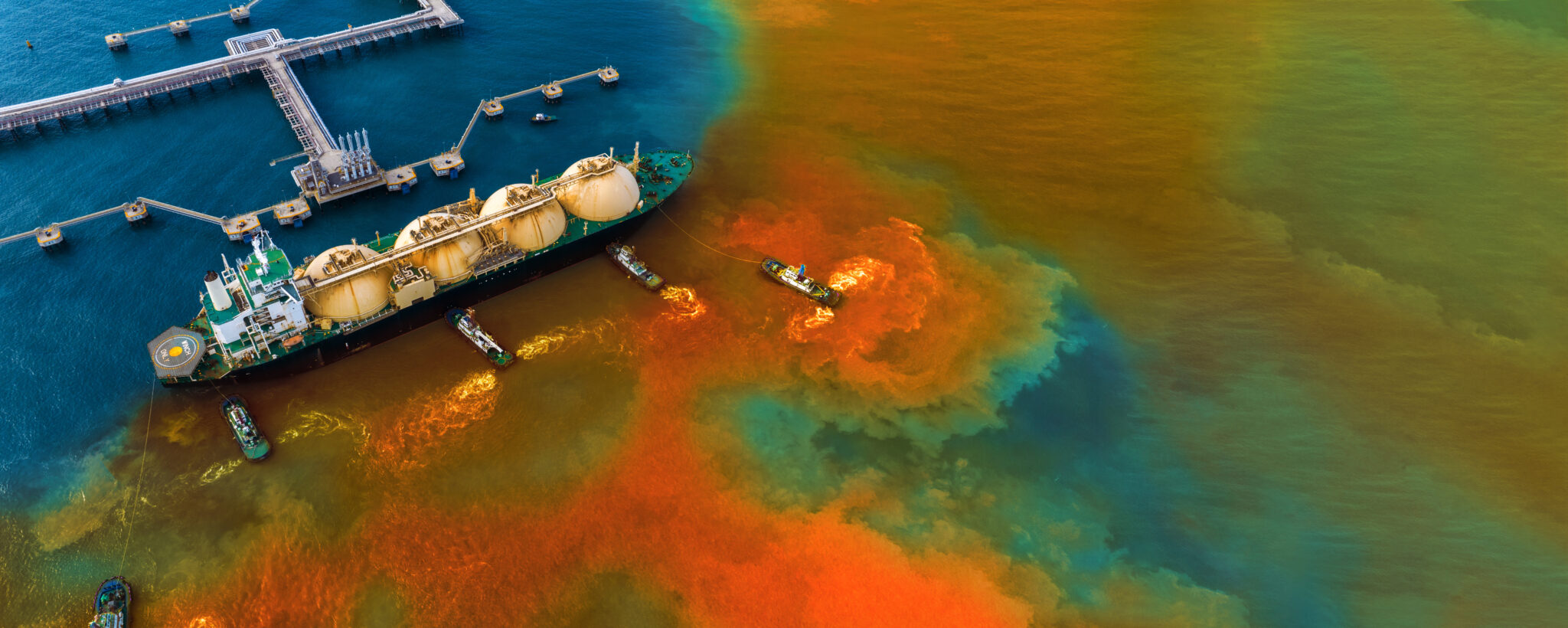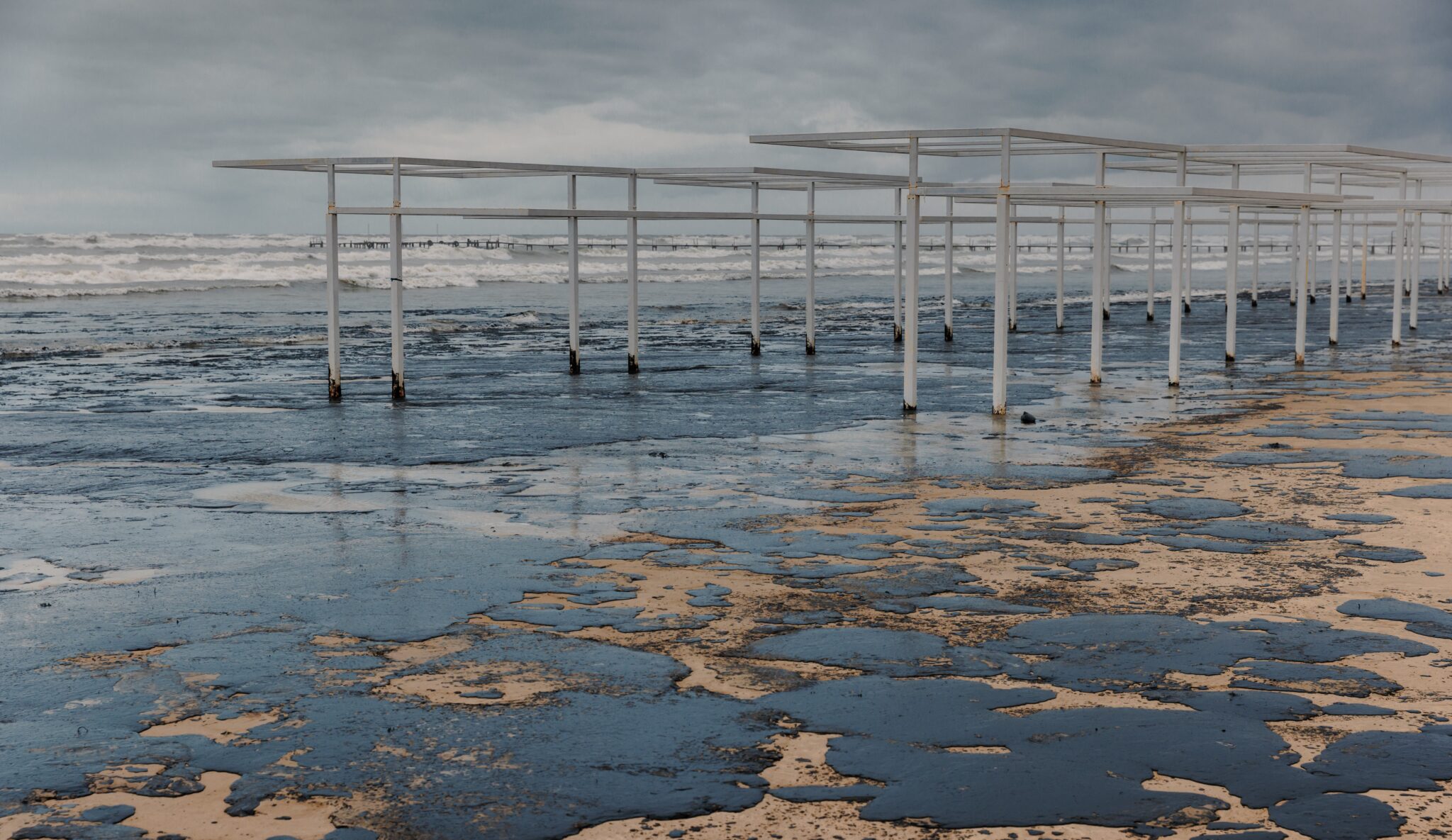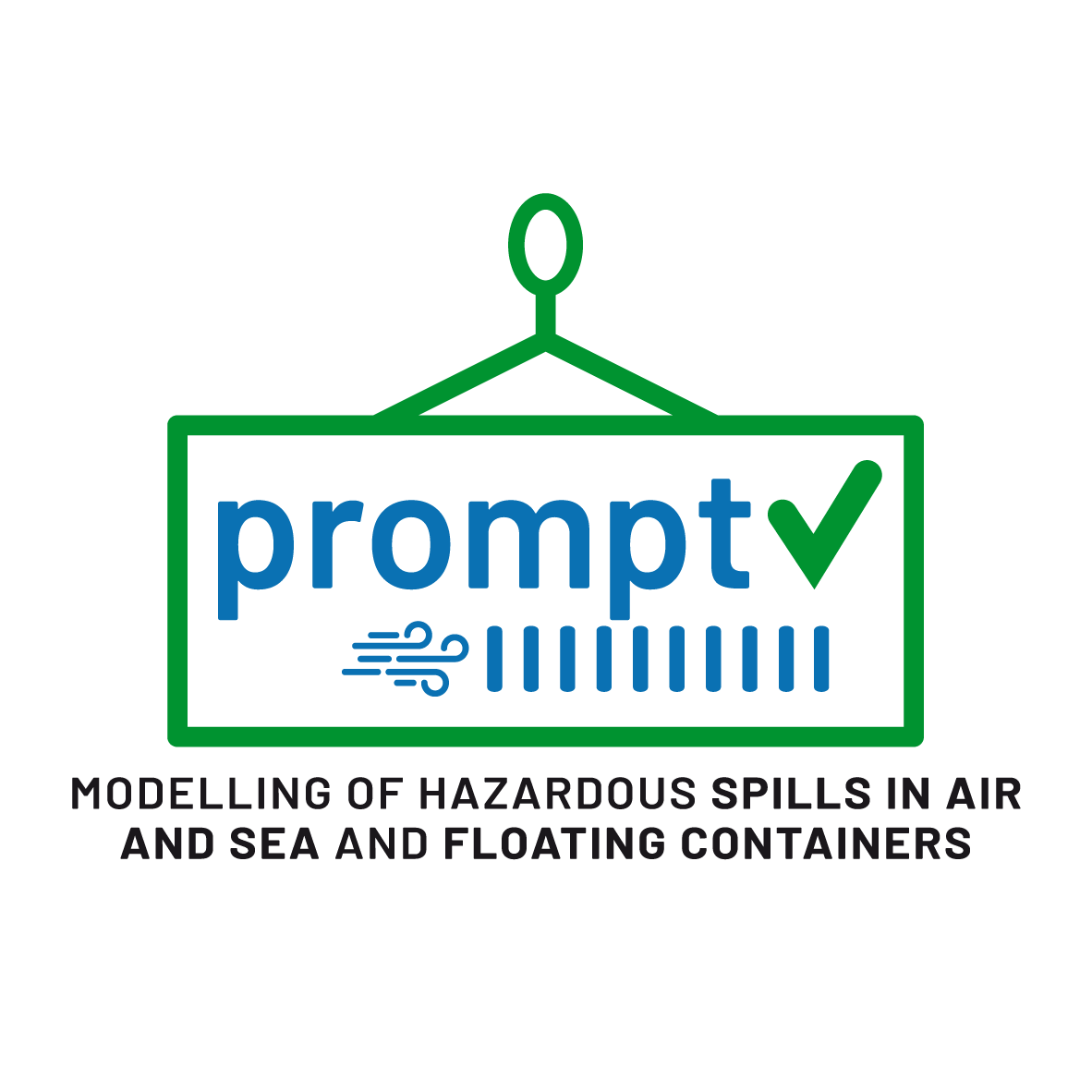IHCantabria presents the results of the PROMPT project on risk analysis of oil and chemical spills in coastal and port areas

Oil spill from a ship at sea
The Environmental Hydraulics Institute of the University of Cantabria (IHCantabria) has presented the progress of the European project PROMPT (Prevention and Preparedness Projects on Civil Protection and Marine Pollution), highlighting the results generated in the analysis of hazard, vulnerability and risk to oil and chemical spills in areas chosen as pilot cases.
This project, funded by the European Union through the Civil Protection Mechanism (UCMP), aims to improve the tools and methodologies available for the management of emergencies related to marine and atmospheric pollution, derived from spills of both hydrocarbons and potentially hazardous noxious substances. “This initiative provides key information to design response strategies to accidental pollution in port and coastal waters, with an innovative approach that combines hazard and vulnerability analysis, considering physical, environmental, economic and social factors,” explains Ana Julia Abascal Santillana, principal investigator of the PROMPT project and member of the Oceanography, Estuaries and Water Quality Research Group at IHCantabria.
Outstanding results
The studies have been carried out in three pilot ports: Genoa (Italy), Tripoli (Lebanon) and Aqaba (Jordan), with the collaboration of international partners such as the University of Genoa and PM_Ten, who have led the modeling of currents and the simulation of atmospheric pollution, respectively. As a result, “pollution probability, vulnerability and risk maps have been generated, which allow identifying the most exposed areas and planning more effective mitigation measures,” reports Tamara Rodríguez Castillo, a member of the Oceanography, Estuaries and Water Quality Research Group at IHCantabria.
These advances have been achieved thanks to a robust methodology that integrates simulations of ocean-meteorological scenarios and different spill scenarios, as well as the evaluation of potential impacts on the population and the environment. The information obtained is translated into a decision support system already implemented in several Mediterranean ports in the framework of the predecessor project BE-READY (also funded by UCMP) and which will be extended to the port of Genoa in the framework of the PROMPT project.
Relevance and international collaboration
The PROMPT project, led by the University of Genoa and with the participation of entities from Spain, Italy, Luxembourg, Lebanon and Jordan, strengthens the capacity to respond to environmental emergencies, contributing to the prevention and efficient management of risks in coastal and port areas.
In addition to technical advances, the project has prioritized training and knowledge transfer to port operators, fostering international collaboration and strengthening the capacities of the participating countries.
Next steps
The results of the PROMPT project will be presented in February 2025 at a technical meeting in Genoa, where progress and the integration of these tools into future emergency response plans will be discussed.
More information about the PROMPT project:
https://civil-protection-knowledge-network.europa.eu/projects/prompt


These are some of the examples of water pollution caused by oil spills that have occurred in the last few years
The European project “Prevention and Preparedness Projects on Civil Protection and Marine Pollution: UCPM-2022-PP/G.A-101101263-PROMPT” is funded by:






